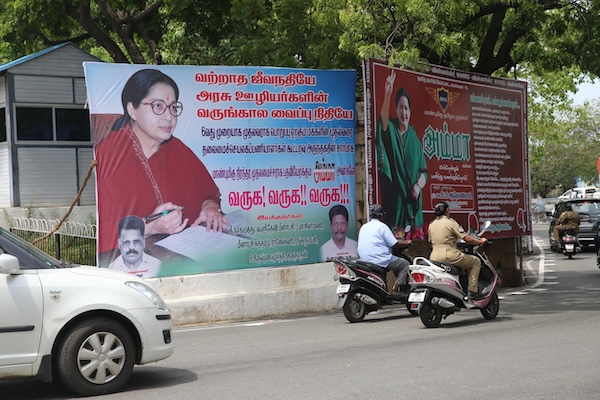.png)

Krishnadevan is Editorial Director at BasisPoint Insight. He has worked in the equity markets, and been a journalist at ET, AFX News, Reuters TV and Cogencis.
Sunil is an entrepreneur. He also advises businesses on supply chains, sales, and partnerships for growth
March 31, 2025 at 5:02 AM IST
Could a well-meaning regulatory push end up distorting the very markets it’s designed to protect? That’s the question raised by the Securities and Exchange Board of India’s new proposal to impose uniform expiry days for equity derivatives. The plan, as outlined in SEBI’s consultation paper, would confine weekly and monthly expiries to either Tuesday or Thursday across all stock exchanges.
This SEBI consultation paper has come on the heels of a circular issued by the National Stock Exchange of India, on March 4, changing their derivatives expiry day from Thursday to Monday. At first glance, the proposed move appears like a good solution for reining in excessive volatility and safeguarding smaller investors. But beneath the surface, this “one-size-fits-all” fix might inadvertently bring fresh turbulence to India’s derivatives market.
SEBI’s reasoning is twofold: provide predictability and stability, and reduce concentration risk by spacing out expiry days. In recent years, the explosion of weekly options trading on indices has ushered in dramatic swings on expiry days, particularly when volumes spike in the final hours. This roller-coaster action might have prompted calls for a more controlled trading environment. By standardising expiries, SEBI believes it can instil greater order and clarity, potentially benefiting newcomers who often struggle with the complex mechanics of derivative instruments.
Yet uniformity has its downsides. One concern is that pushing everyone into just two expiry days could backfire by making these days even more chaotic. Instead of traders spreading their positions throughout the week, they might crowd into narrower time slots. That kind of clustering could feed the very volatility SEBI is trying to suppress.
Another concern is the stifling of competition among exchanges. Currently, exchanges vie for investor interest by offering distinct products, including varied expiry schedules. This “product differentiation” helps smaller players find a niche while restraining the dominance of larger ones. If everyone has to offer contracts expiring on the same day, the bigger exchanges-already benefiting from higher liquidity-could widen their lead. That risks shutting out emerging competitors and ultimately narrowing the choices available to investors.
The move will stymie new exchanges like the Metropolitan Stock Exchange of India, as starting a new derivative product which has the expiry on the same day as the Sensex or Nifty 50 simply won’t work. Exchanges like MSEI would struggle to attract volumes, making them economically unviable and subject to extreme manipulation and volatility if volumes remain low.
The MSEI recently saw an investment of ₹2.38 billion amid expectation that the exchange could see a rise in trading volumes.
It could also impact hedge funds and sophisticated traders, whose strategies often rely on nuanced timing and multiple settlement windows. Under uniform expiry rules, their ability to stagger positions or fine-tune risk exposure might shrink dramatically. In a more homogenous marketplace, inventive hedging strategies could be replaced by predictable patterns - an invitation to aggressive speculators looking to exploit everyone else’s moves. Also, uniform expiry could discourage attempts at index management by big traders.
In fairness, SEBI’s logic for uniformity is not without merit. By restricting expiries to Tuesday or Thursday, the regulator aims to avoid volatile spillover effects common on Mondays and Fridays-days already prone to big market swings due to weekend news or end-of-week profit-taking. Spreading expiries midweek could ease some cyclical tension and allow traders time to adjust positions before the weekend. SEBI also underscores the importance of a monthly contract with a minimum one-month tenor, pushing back against short-term mania that can overwhelm retail investors.
SEBI must look at fostering innovation and competition. One way is to limit uniformity only to the most liquid products, such as certain benchmark indices, and leave room for more flexibility in other segments. This tiered structure could maintain stability for high-volume instruments while still allowing niche products to differentiate and reduce systemic risks through diversification. SEBI can also ask each exchange to propose its unique scheduling, subject to regulatory vetting, ensuring that no market player engages in sudden or disruptive changes.
Of course, there is the risk that multiple expiry days could lead to the return of “expiry day hyperactivity” and smaller investors could suffer. Effective oversight and transparent guidelines often work better than outright uniformity in ensuring that no single participant gains a disproportionate edge.




